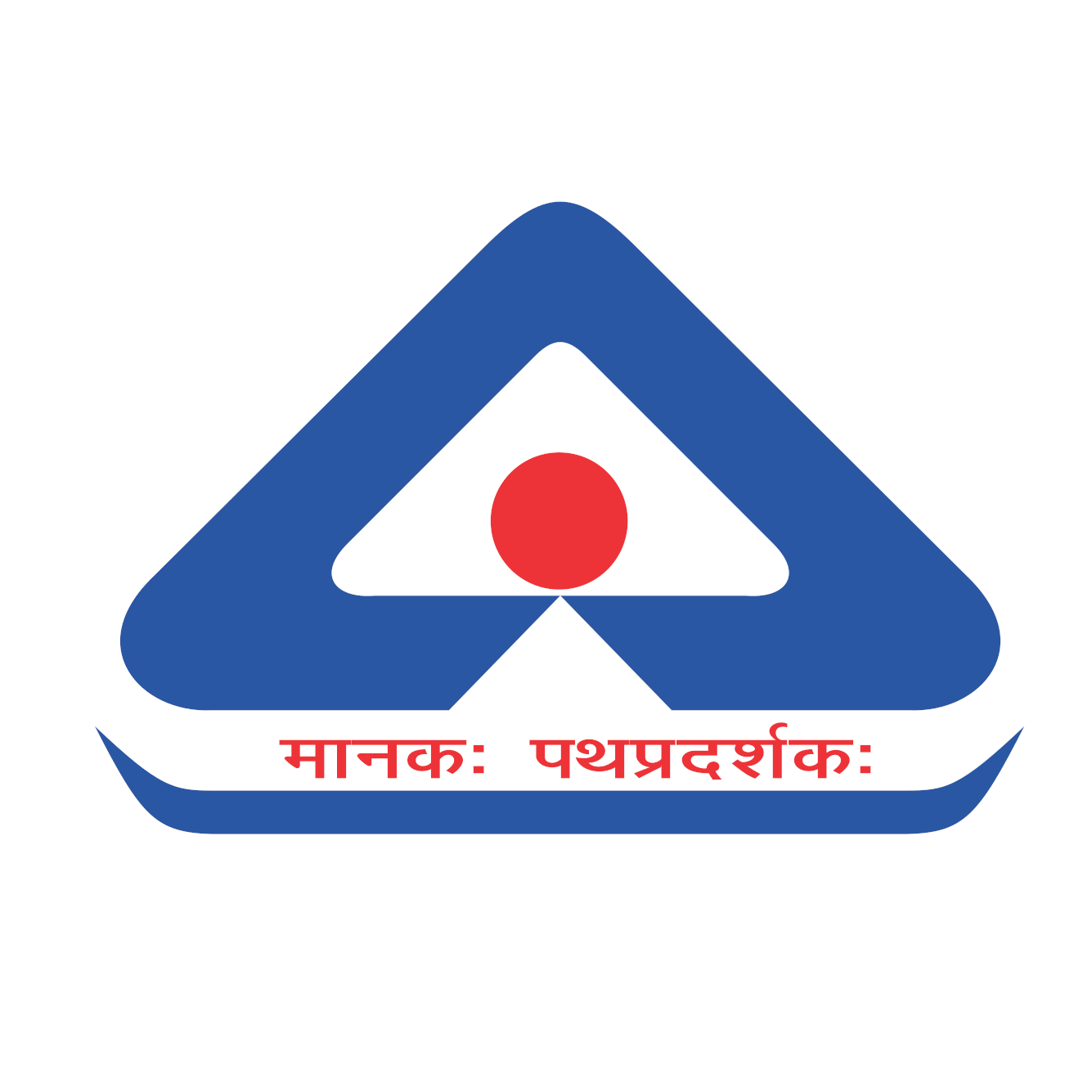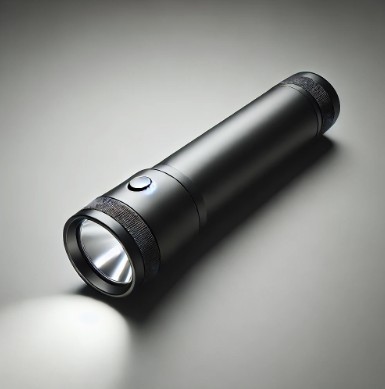FMCS (Foreign Manufacturer Certification Scheme) for India
3. May 2023The Foreign Manufacturers Certification Department (FMCD) was established in 2000 in India, in order to make the BIS certification process accessible to foreign companies. While BIS certification has existed for Indian manufacturers for a very long time, products from foreign manufacturers only have to be certified by BIS since 2000. Since then, this office under the umbrella of BIS is responsible for the BIS ISI certification of foreign products. The corresponding certification regulations are laid down in the Foreign Manufacturers Certification Scheme (FMCS). For products that meet the Indian standards, the FMCD issues the licence for the BIS ISI mark (sometimes also referred to as the “Standard Mark”). This is awarded to a manufacturing plant. Therefore, this certification requires factory audits. Regular product tests then ensure that the certification remains valid. Product tests mean the authority either asks the factory to provide test products or buys the products on the open market and then tests them (BIS Surveillance).
Which products are covered by the FMCS in India?
The range of products covered by the FMCS is wide. They range from industrial steel to milk powder and children’s clothing.
While both Indian and foreign products must meet the same quality standards, the time required for certification differs significantly: Indian manufacturers can often complete BIS ISI certification in four to eight weeks, while for foreign manufacturers the process takes about four months. This is mainly because the organisational effort for foreign manufacturers with regards to the audit is much higher.
FMCS Certification Process
The BIS certification process under the Foreign Manufacturer Certification Scheme is divided into six steps:
- Preparation of the application documents and submission of the same.
- The authority checks the documents received for completeness and errors.
- If everything is filled in correctly, an audit date is set.
- The audit is carried out.
- During the audit, the test products are checked and then sent to an accredited testing laboratory in India.
- If the tests are passed, the product must be marked with the ISI mark.
Learn more about BIS certification here.








